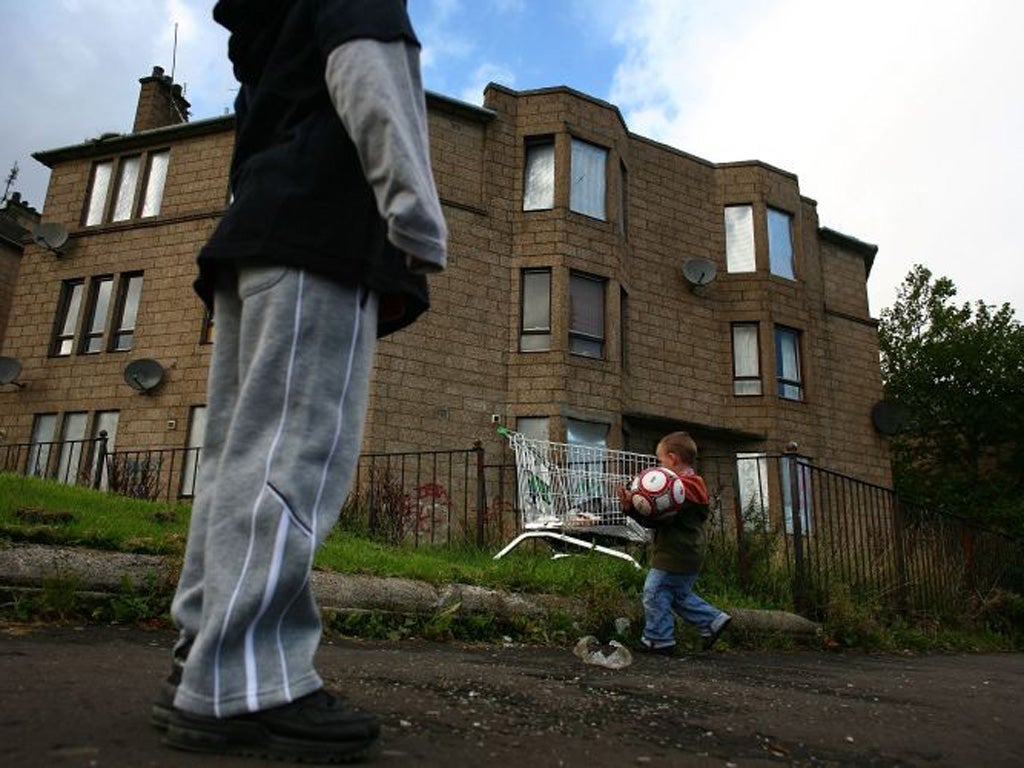The big questions: What is poverty? Is it OK for doctors to strike? Would you flee to Ecuador?
Answered this week by Robert Skidelsky

Your support helps us to tell the story
From reproductive rights to climate change to Big Tech, The Independent is on the ground when the story is developing. Whether it's investigating the financials of Elon Musk's pro-Trump PAC or producing our latest documentary, 'The A Word', which shines a light on the American women fighting for reproductive rights, we know how important it is to parse out the facts from the messaging.
At such a critical moment in US history, we need reporters on the ground. Your donation allows us to keep sending journalists to speak to both sides of the story.
The Independent is trusted by Americans across the entire political spectrum. And unlike many other quality news outlets, we choose not to lock Americans out of our reporting and analysis with paywalls. We believe quality journalism should be available to everyone, paid for by those who can afford it.
Your support makes all the difference.The World Bank poverty line is an income of less than $1.25 a day. How should we define poverty in the UK?
The official poverty line in the UK is less than 60 per cent of the median household income, ie £13,000 or less.
Households can live on £13,000, especially with housing benefit added. But there's no way of getting round the fact that poverty is bound to be relative to the general wealth. It would be absurd, for example, to say there is no poverty in Britain because no one has to starve. I would define as poverty any income level below which people are unable to develop such capacities as the particular society offers. This is necessarily inexact, and people will draw the line in different places.
Is it wrong to pay tax at the rate of only 1 per cent if it is not actually illegal?
It's morally wrong, because it means that the tax avoider is refusing to pay for the upkeep of the state on which his own security and welfare ultimately depend. People who arrange their affairs so as to avoid tax should not be allowed to live here.
Are GPs justified in striking to defend pensions – or are they already earning enough?
Doctors almost never go on strike. (The last time was 1975.) They have a genuine grievance. But it would have been better had their protest been part of a general resistance to the policy of cuts, which makes no macroeconomic sense.
Which is worse: saving the euro via a political union, or letting it fall apart?
There is no right answer to this. It depends on whether there is a democratic will for political union. I would like to have EU-wide referendums (same day, same question put to all citizens of the European Union) on each "next step" towards political union (eg, it could be creating a single treasury with tax-raising powers). Countries in which majorities reject the next step would be deemed to have "opted out" of the step. In that way a political union could be developed on the basis of genuine democratic assent.
Should doctors be allowed legally to kill people with locked-in syndrome if they want to die?
Yes, subject to safeguards.
Is hosting the Olympic Games worth the expense and the hassle?
Sure. The Olympics is the greatest sporting event in the world calendar. It's a huge achievement to have got it for London, and I have little patience with pettifogging (this clichéd word is just right here) complaints about expense, noise, etc. Having said this, I am not personally addicted to athletics, and will watch highlights from a safe distance.
Is it rude (or just tedious) to discuss football with a non-fan?
Tedious – enthusiasts never know when they are boring non-enthusiasts. So they are not trying to be rude.
Would you rather be tried in Sweden for alleged sex crimes or live out your days in Ecuador?
Depends on whether you are guilty. If guilty, Ecuador.
Should we grant Argentina's wish to enter talks on the future of the Falkland Islands?
Yes: a long (50-year) lease-back arrangement has always seemed to me to be the most sensible.
Is private education compatible with social mobility?
Good question. Private education gives an advantage, but there's been quite a lot of social mobility despite it. More damaging to social mobility, especially in recent years, is the huge gap which has opened up between top incomes and the rest. I would revive the direct grant school system. It's only our irrational hatred of "elites" which prevents this, and leaves the field to privately financed education.
Robert Skidelsky is co-author of 'How Much Is Enough: The Love of Money, and the Case for the Good Life', published by Allen Lane, 28 June
Join our commenting forum
Join thought-provoking conversations, follow other Independent readers and see their replies
Comments